8 ways to have more sustainable holidays..
Travel has come under heightened scrutiny for its carbon footprint over the years. Whilst transportation is one of four major contributors, tourism accounts for ‘only’ 8% of the world’s CO2 emissions. This figure is made up of transport, accommodation, construction (airports, resorts, roads, etc.), food/drink consumption, and even shopping souvenirs.
After several natural disasters and a pandemic, we all had plenty of time to think about our habits and what we can change to make the world a better place. But we also yearn to travel again – just how is the question. Here are some ideas how you can reduce your carbon footprint on your next family holiday or solo trip:
1. Go Green for short-distance travel
If you are travelling short distance, choosing not to fly will greatly reduce your carbon footprint. Trains and coaches are among the lowest-emitting, most efficient forms of transport and taking the Eurostar from London to Paris rather than flying will cut your CO2 footprint by a massive 90%. Taking the train or coach for short distance travel is a particularly good choice when you travel solo, but you might be surprised to hear that even sharing a ride in a full car will decrease your carbon footprint by up to 80%.
Yet travelling by train often works out approximately 50% more expensive than a plane ticket according to Which and is not always practical for single parents travelling with several young children. In addition, 29% of trains in the UK are still purely diesel powered, with many more being hybrids, so trains in the UK are less green than many of their electric or battery powered European counterparts. On a positive note, there are plans to phase out the UK’s diesel-powered engines by 2040.
In the meantime, if you have a hybrid, or even better an electric car, you are in luck. As long as your car is running on electricity, its tailpipe emissions will be zero, making driving on holiday the most responsible form of travel.
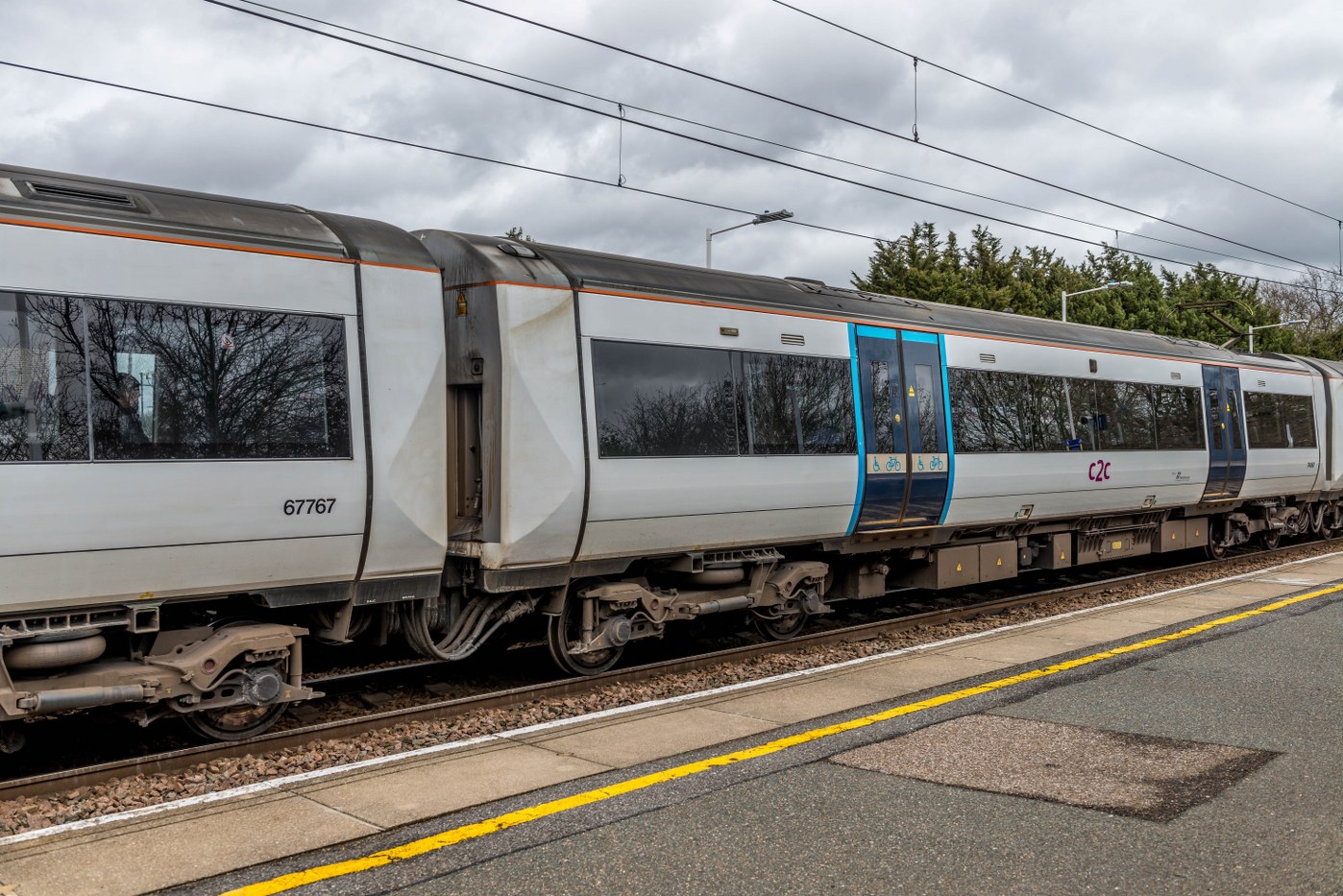
2. Book direct flights to reduce your carbon footprint
Sometimes flying is the only option. Whether it is distance, cost, time, safety, or convenience – if as plane ticket is the only feasible possibility, avoid stopovers because flying direct requires less fuel: A stopover can add a few hundred miles to your trip. In addition, planes give off more emissions on take-off and even landing compared to cruising through the air. But the biggest impact is the energy efficiency of the plane and the number of passenger seats filled. If the plane is only half full, this doubles your carbon footprint, and unfortunately this is not something you have any control over.
3. Choose economy seats
The same principle applies as above – if you can fit more people onto the plane with space saving economy seats, those booked in economy will have a lower CO2 footprint than those flying business class or even first class. Business class will effectively double your emissions. So, let’s not even think what flying in a private jet would do to your carbon footprint…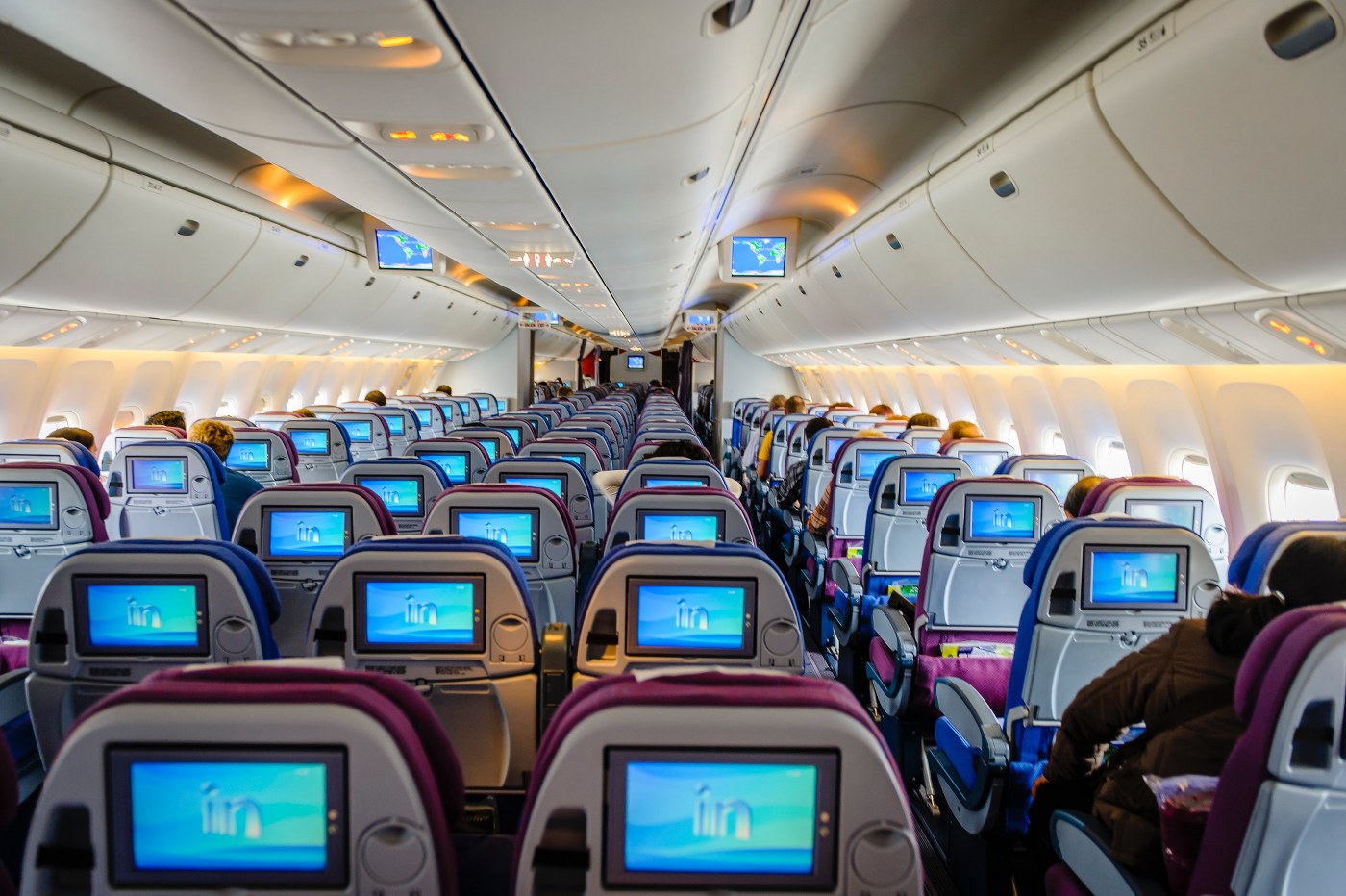
4. Find a green airline
Do your research and choose airlines concerned with sustainability and a long-term carbon reduction strategy. Some airlines are working on the use of renewable biofuels and improving energy efficiency both in the air and on the ground, others invest in more energy efficient aircraft, buy carbon offsets (and offer customers to do the same when purchasing their flight), or recycle or remove single-use products on flights and some are working on all fronts simultaneously. Clearly, some are working a lot harder at fighting climate change than others, reducing their emissions despite rising passenger numbers. If you choose one of those green airlines, your carbon footprint will be a lot lower than flying with a conventional airline.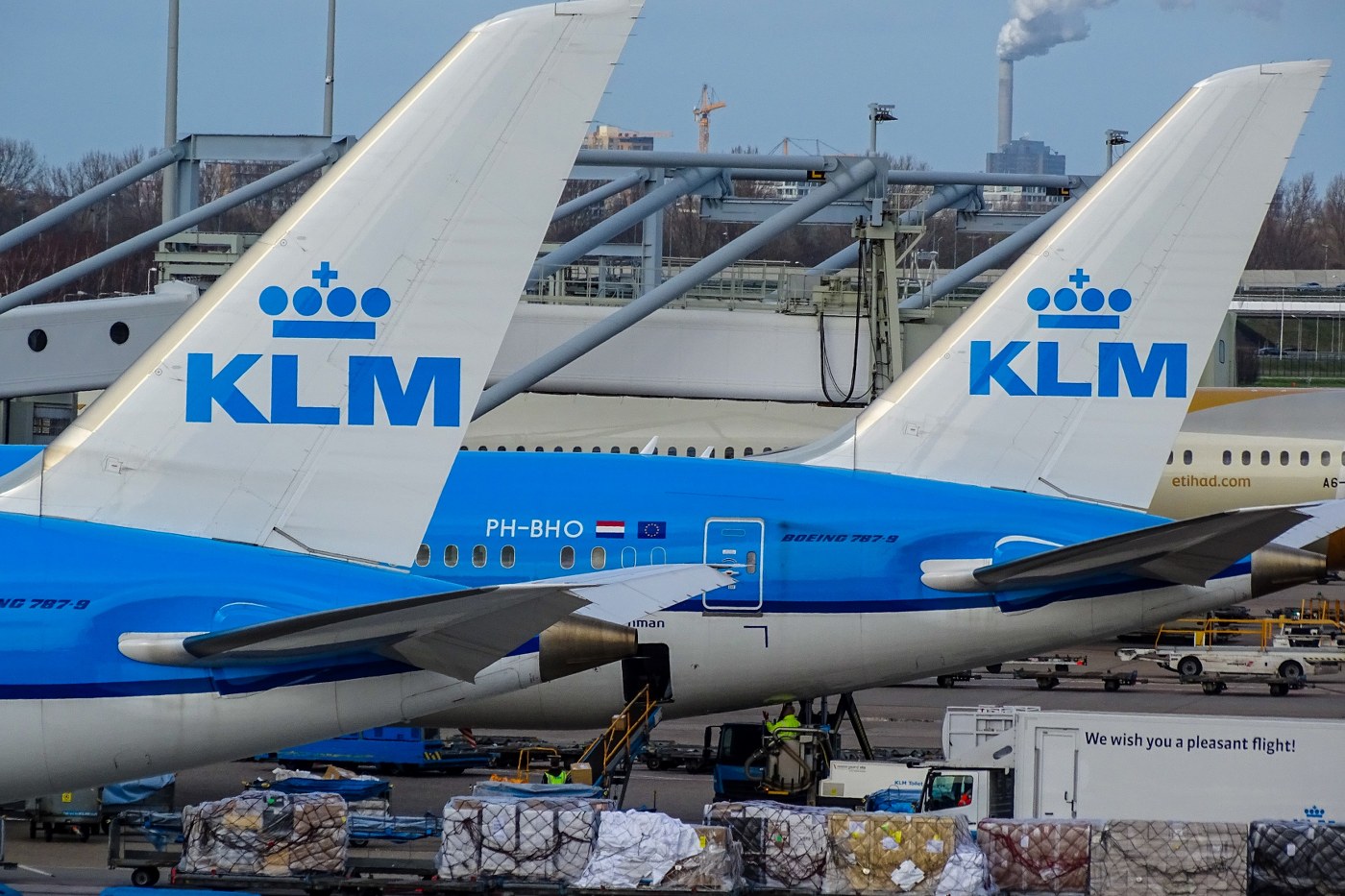
5. Don’t travel solo
This may be easier said than done when you don’t have a partner and/or your kids are grown up. But choosing to travel with a friend or even better a group will instantly reduce your carbon footprint. Sharing a rental car or airport transfer, for example, will be much better for the environment than driving solo or taking taxis by yourself. If your friends or kids are unable to join you on holiday, you can always book a singles holidays for the over 50s reducing your CO2 footprint on outings, airport transfers, etc. Travelling with others makes for more sustainable holidays.
6. Travel light
Whether you travel by car, plane, coach or train, heavy luggage will increase your carbon footprint. Heavy loads mean higher fuel consumption, particularly on flights. Delta found that if every flight passenger packed one pair of shoes less, the environmental impact from reduced fuel consumption would equate to taking 10,500 cars off the road for a year. A lightweight suitcase will also instantly reduce weight, as would travelling with hand luggage only. Toiletries often make up a significant percentage of your luggage allowance. Refill only the amount you need into smaller reusable containers. Only bring clothes you are sure you will wear and rent heavy equipment locally – and support the local industry.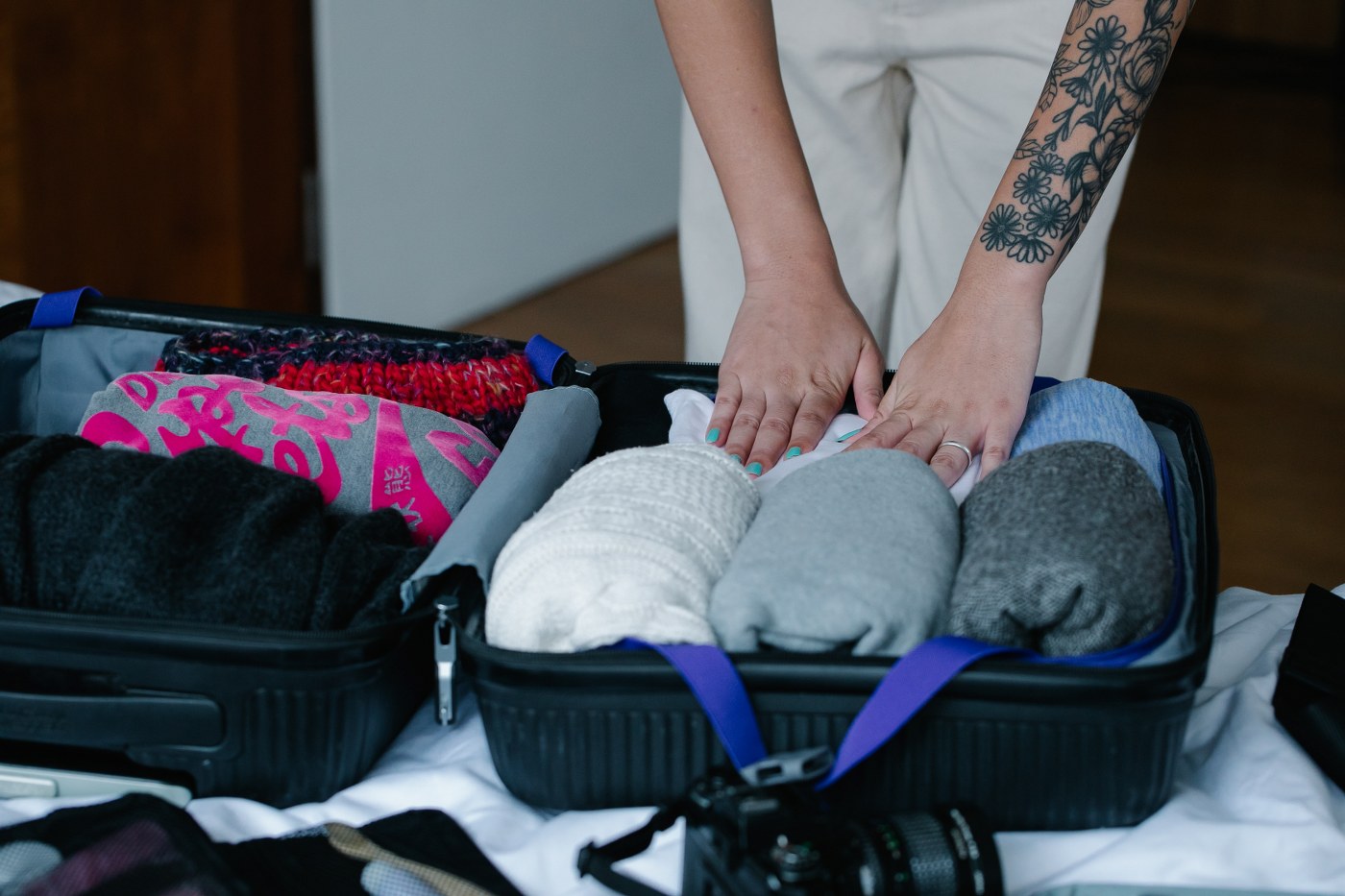
7. Choose eco-friendly accommodation
For a greener stay, choose hotels that focus on sustainability. Hotels will advertise their green credentials, so it shouldn’t be hard to find them. An eco-friendly hotel is essentially a business that aims to minimise its carbon footprint and that of their staff by reducing waste, using sustainable local produce and non-toxic natural cleaning products and materials, saving water, and offering options to offset CO2 footprint.
The family owned IBEROSTAR group has already replaced single-use plastics in their hotels and is aiming to be waste free by 2025 and carbon neutral by 2030. IBEROSTAR’s wave of change programme includes planting and restoring mangroves and other forests and plants in its coastal destinations, increasing efficiency, using renewable energy, eliminating waste, sourcing 100% responsible seafood and much more. But sustainable tourism can start at any level. The Cottages at Blackadon Farm on the edge of Dartmoor National Park received a silver award from Visit Devon for being an ethical, responsible, and sustainable holiday business after only one year of operating. The holiday accommodation has its own spring water supply, electric car changing points, solar panels, and glass tubes that heat water during the summer. The owners work with local trades people and businesses and have introduced bees to encourage pollination on Dartmoor, and the lawns are mowed by the resident miniature donkeys.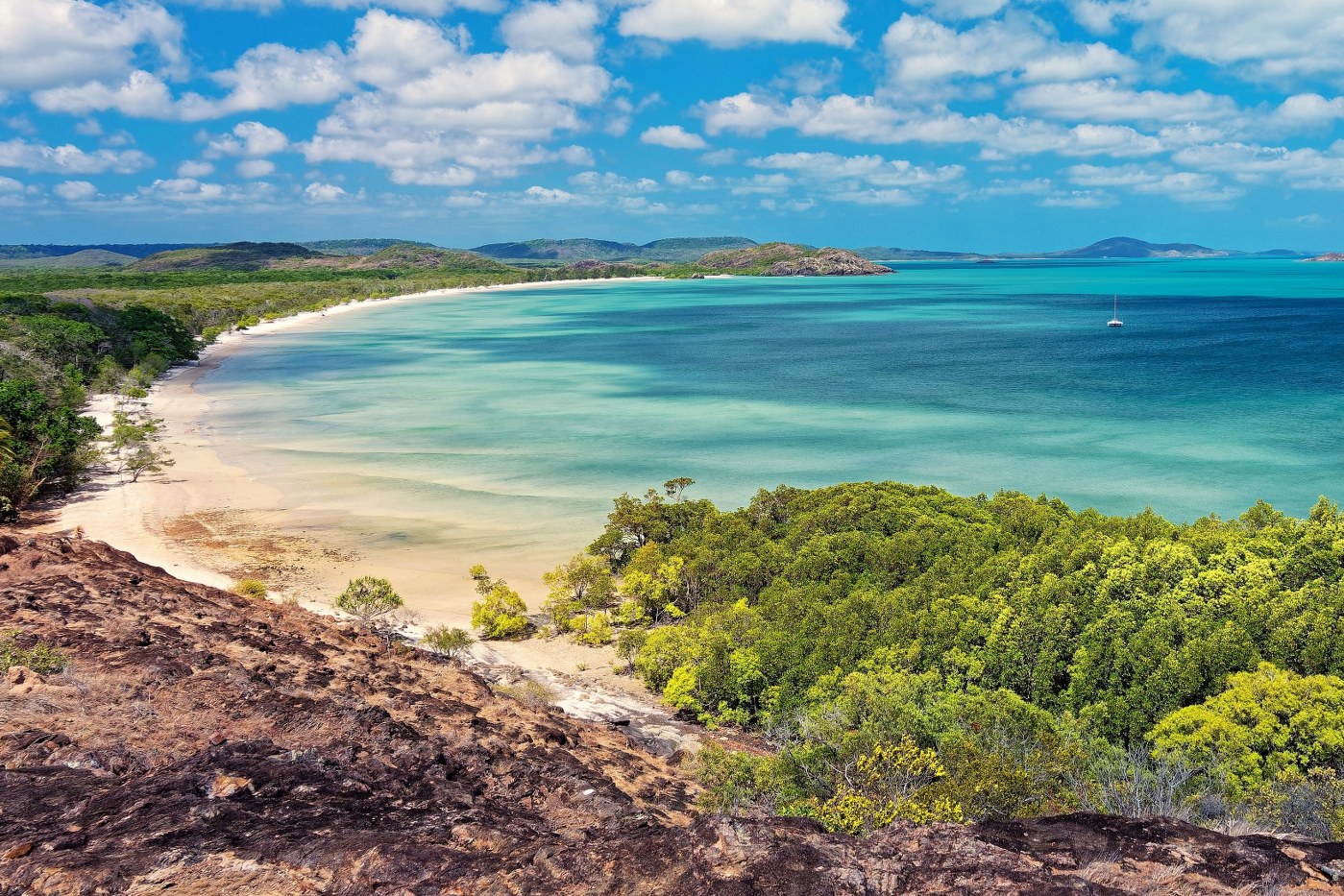
8. Reduce food waste
This is something British tourists are notoriously bad at. No other nation wastes as much food, and this shows in the behaviour of not just British tourists in all-inclusive resorts. Whilst it might be tempting and all too easy to load your plate with lots of different foods, think of the waste you produce and the carbon footprint of the food itself when you help yourself to oversized portions. Forests are cleared to grow crops and graze cows. Then there is the packaging, transport, and refrigeration of the food you are consuming. Go for seconds rather than loading your plate with foods that will go to waste. Or ask for a doggy bag if you eat out and cannot finish your meal. Many hotels are looking for ways to reduce waste, but tourists must take act more responsibly, too.
Hopefully, our introduction into how you can reduce your carbon footprint when travelling will help you make eco-friendlier choices when booking and enjoying your next holiday. At Single Parents on Holiday choosing eco-friendly accommodation and making our single parent family holidays and our singles holidays for the over 50 more sustainable is a topic close to our hearts as you will see when you browse our holiday programme.



